A Tale of Two Cities
According to my host mother Sole, the mail does not come to our house. So a few weeks ago, when my mom decided to send me a package (as many moms do), Sole advised that it be sent to her mother’s address, where the doorman could collect it. This innocent package contained nothing more than a few random things I left at home, an eye mask to help me sleep past the 6 a.m. sunrise (the purpose of curtains here is solely decorative), and “Holes” by Louis Sachar to give my nine year old host brother for his birthday.
After ten days with no sign of my package in sight, I began to get a little worried. After fifteen, and with Pedro Jose’s birthday rapidly approaching, I began to really worry. Finally, on his birthday morning, I gave up waiting hopefully and took the situation into my own hands — in the Ecuadorian way. We tried calling Correos del Ecuador, the national post office, but because of multiple two-hour lunch breaks, our calls went unanswered. Sole then called her friend whose brother works in the post office. Calling friends to get their friend to help is the number one way to resolve anything in Ecuador. After the obligatory chat, the friend gave Sole her brother’s phone number. We called the friend and he gave us the name of the person in the office who could find the package.
Although everyone knows that, “waiting is the hardest part,” I quickly learned that waiting was a blissful period of anticipation, and actually getting the package was like trying to recover the contents of the Titanic. Sole drew me a map that explained how to find the post office. It was basically four squares with lines in between them forming a cross. Unaware of the ineffectiveness of the map, I cheerfully hopped on the bus to head towards the post office. The bus is where the trouble began. I had mistakenly timed my journey close to lunch hour, when hoards of people return home to eat with their families. The buses generally exceed their maximum capacity by about 200 people and several animals during this time.
When I finally got away from the sweating, pushing, grabbing, and occasional groping, I was still enthused about the pending mission. As I walked past my first landmark, the giant white QuiCentro mall, I confidently turned right as my map had indicated. After crossing the third block, when I should have found my street at the first intersection, I became wary. Based on the of advice several clerks, one child, one guard, and one drunkard, I turned around and walked far beyond the boundaries of my map, and turned right on the designated street. However, instead of encountering a bustling post office, or even a desolate office filled of angry paper pushers, I encountered a deserted back street. With the voice of my director warning me of secuestar express always present in my mind, I quickly found the nearest guard to point me in the right direction.
He led me away from the deserted street and began the usual “wow, why are you here/what do you think of Ecuador?” question session. I told him that I thought Ecuador was beautiful and I am extremely happy here. As his paces became more diagonal and his arm brushed against mine, he responded to my statement with “como tú,” which means “like you.” However, I was confused and said, “yes, Ecuador is pretty” about three times until I realized he said Ecuador was beautiful like me. At this point, I thanked him for his directions and darted across the five lanes of maniac traffic. On the other side, I breathed a sigh of relief (and of exertion; running across the street in Quito is my cardio) when I saw the parking lot in front of me bordered the elusive post office.
I suddenly realized that the office was only accessible from the street, and I was caged inside the lot. After circumnavigating the giant parking lot, I finally arrived at the post office, 45 minutes after getting off the bus.
Instead of thoughts of joy, butterflies, and rainbows, and extreme relief, I was met with darkness. The prolonged summer and lack of winter rain has taken a serious toll on the energy reserves of the country, and we had abruptly entered phases of darkness to conserve what little electricity is left. Requesting the name given by my host mom’s friend’s brother, I was told that she was here but could not help me find my package since there was no electricity. Faced with going postal, crying, or laughing, I sat down on the plastic chair and laughed. After all this, still no package.
An hour later, the lights flickered back on and the small manila envelop with my name on it emerged from the depths of postal hell. A dollar later, it was all mine. In the cab, munching on the Reese’s Cup I found in the package, I looked at the crumpled map, which had the post office on the wrong side of the street about seven blocks too early, and thought about how much I love being in Ecuador, packages or no packages.

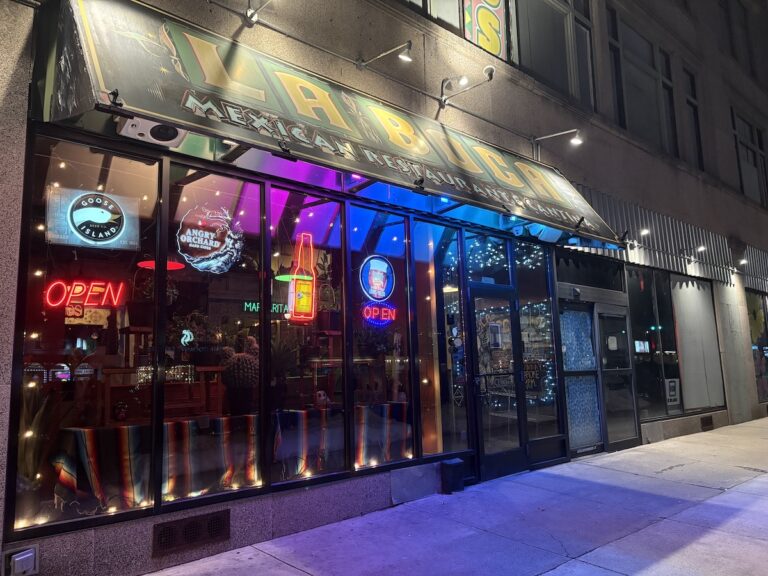
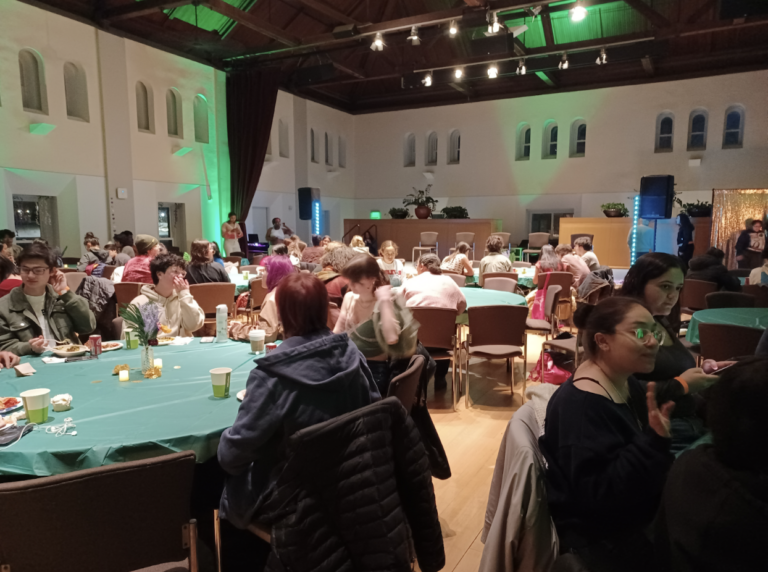
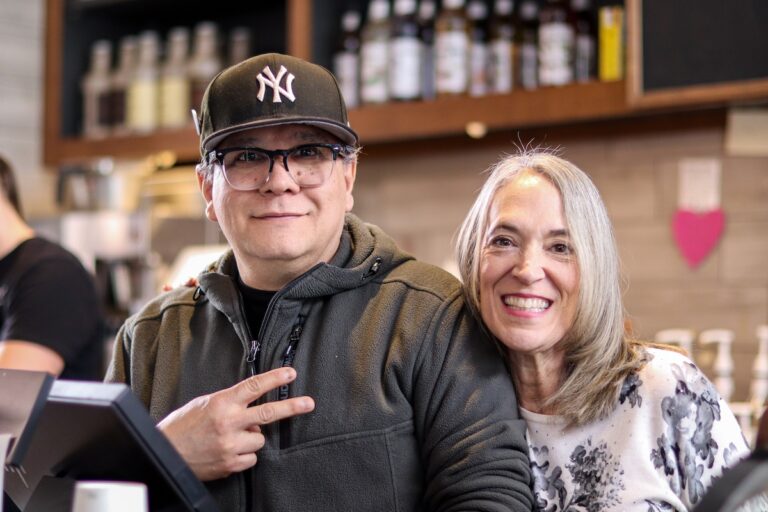

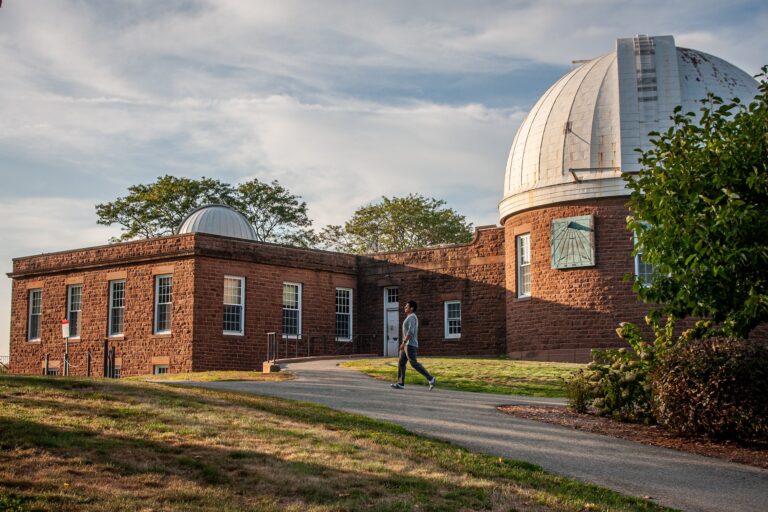
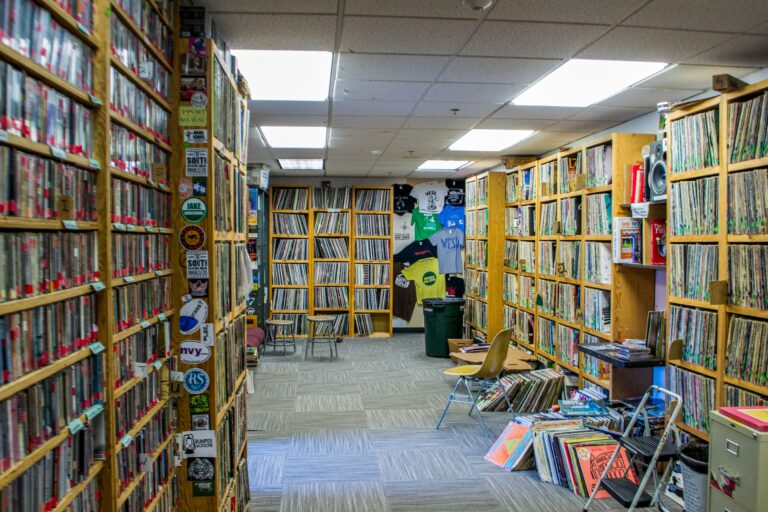
I loved the story! I’ve been here in Ecuador 5 months now and I have 19 months to go. I so relate to your story! I get asked how I like Ecuador every day and am told I’m pretty all the time… It was nice at first, but is getting very old. I also have tons of mail that isn’t arriving… maybe I should try the post office route, if I can find it that is…